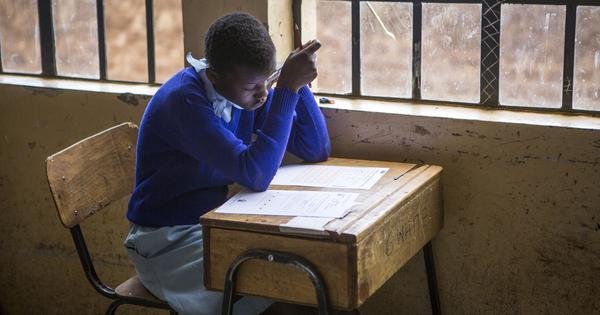Is Kenya’s Decision to Make Maths Optional in High School a Mistake?
The Announcement and Ongoing Debate
In March 2025, Kenya’s education ministry announced that maths would become an optional subject for senior secondary school students starting in January 2026. This change is part of the new competence-based curriculum. However, due to poor performance in this subject, few students are expected to choose it.
Maths Education in African Countries
Many African countries, such as Mauritius, Nigeria, and South Africa, require maths for the first 12 years of basic education. Kenya’s previous education system, known as 8-4-4, also mandated core maths until the second year of high school.
Arguments For and Against the Decision
The decision to make maths optional has sparked debates in Kenya. Supporters argue that the change only affects the last two senior years of high school, which was already the case in the old system. Critics, however, believe that both individuals and society need maths, regardless of their career paths.
Kenya’s Struggles with Maths
In the 2022 Kenya Certificate of Secondary Education exams, over half of the candidates scored in the lowest two grades for maths. This poor performance can be attributed to several factors, including resource allocation, teacher preparation, teacher behavior, and dyscalculia.
- Resource allocation: Better-resourced national schools can only admit a small number of students, leaving out over 70% who join low-resourced day schools.
- Teacher preparation: Teachers lack adequate preparation to support learners in foundational numeracy.
- Teacher behavior: Maths teachers often favor boys and deny positive reinforcement to learners.
- Dyscalculia: 3%-7% of the general population are affected by this disability, which impairs a person’s ability to understand numerical concepts.
Alternative Policy Solutions
Instead of making maths an optional subject, the education system should address the root causes of low performance. Here are some suggested solutions:
- Avoid using maths achievement to determine access to academic and training programs.
- Offer a simpler maths alternative or maths literacy for senior secondary instead of making maths optional.
- Encourage teachers to continue developing their competence in maths.
- Eliminate negative stereotypes and unhelpful attitudes in society.
- Help learners overcome dyscalculia using multisensory teaching approaches.
Moses Ngware is a Senior Research Scientist at the African Population and Health Research Center.
This article was first published on The Conversation.



